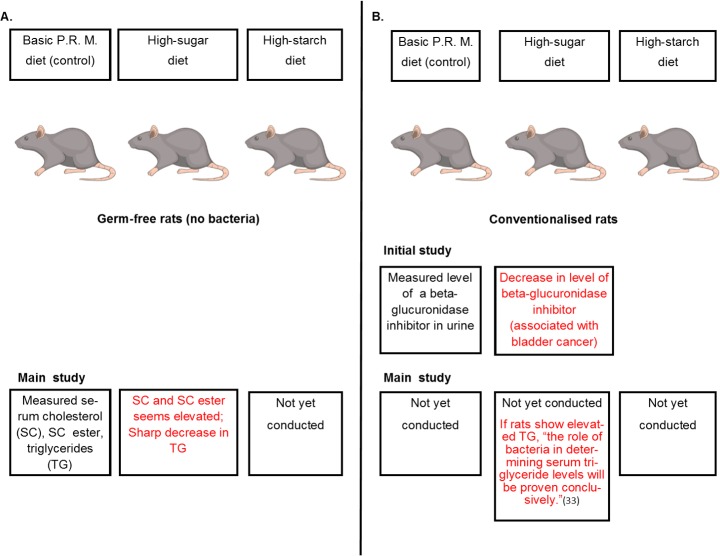Fig 1. Experimental design for Project 259 and results reported to ISRF.
(A) Project 259 was conducted using “germ-free” rats that were raised in isolators to limit their exposure to bacteria. The main study found rats fed a high-sugar diet showed a highly significant sharp decrease in triglycerides in the blood, compared to controls. (B) Project 259’s lead investigator, W.F.R. Pover, told ISRF that if the same rats showed an elevated triglyceride level after they were exposed to bacteria and fed the same high-sugar diet, “the role of bacteria in determining triglyceride levels will be proven conclusively [in rats]” [33]. ISRF terminated funding for the experiments before they could be completed. An initial preliminary study conducted before the main experiment found that rats fed a high-sugar diet had less of a beta-glucuronidase inhibitor in their urine than rats fed a basic PRM diet high in starch. Beta-glucuronidase is an enzyme, and high levels in the urine were known to be associated with bladder cancer in the 1960s. Image of rat vector icon credit: Rvector/Shutterstock.com. ISRF, International Sugar Research Foundation.

